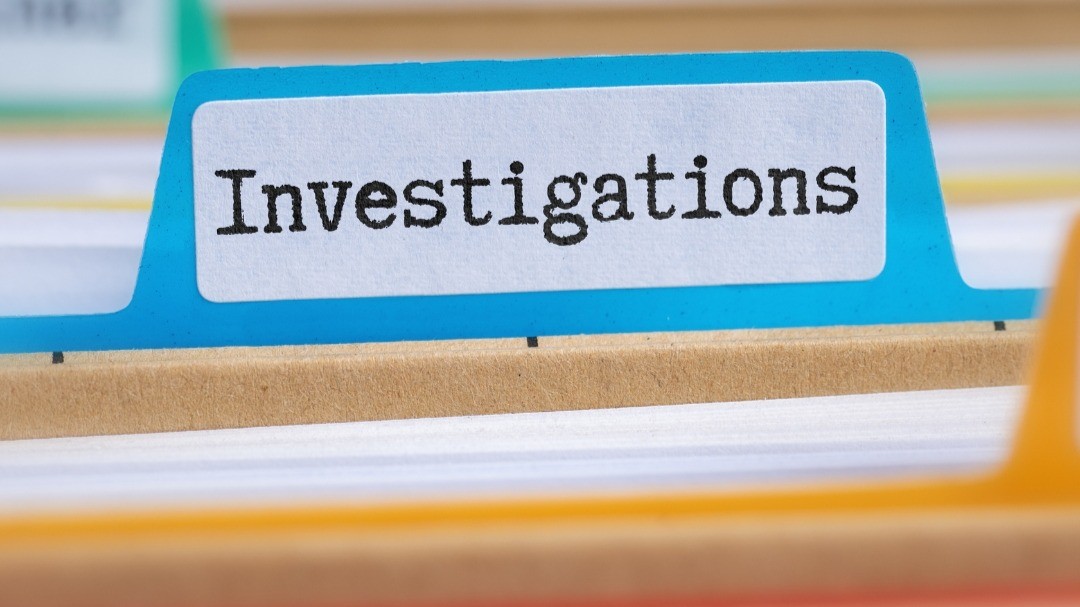It’s hard to believe that just twenty years ago, the idea of a public agency engaging a private firm to investigate an employee was almost unheard of. It was something seen only in extreme cases, often involving high-profile officials accused of corruption or serious misconduct. Fast forward to today, and the landscape has changed dramatically. In California especially, it’s now routine for public agencies to retain outside investigatory firms on a regular basis.
This shift can be traced to the state’s progressive workplace and employee protection laws, which have significantly expanded over the years. Though it’s difficult to pinpoint the exact moment when this trend began, the issue of sexual harassment likely played a pivotal role in opening the door for independent investigations. The roots of this can be found in the U.S. Civil Rights Act of 1964 and California’s Fair Employment and Housing Act (FEHA), which made gender-based workplace discrimination actionable. However, it was the cultural push for women’s equality in the mid-1980s into the ’90s that truly brought sexual harassment to the forefront, leading to a number of high-profile lawsuits, precipitated by rulings in cases such as Meritor Savings Bank v. Vinson (1986), which clarified that inappropriate speech could create a hostile work environment. As these cases piled up, both public and private employers began to feel the financial impact, drawing the attention of lawmakers.
Subsequent federal legislation such as the Civil Rights Act of 1991 and the Violence Against Women Act of 1994 further expanded the rights of women relative to sexual harassment in the workplace.
In response, California passed Assembly Bill 1825 in 2004, mandating that employers provide sexual harassment training to supervisors. Over time, this requirement was extended to all employees, even in companies with as few as five people. While these laws and court rulings were essential in raising awareness, they also had an unintended consequence: expanding the definition of what constituted sexual harassment. Prior to this, many people assumed sexual harassment only involved patently inappropriate conduct like groping or quid pro quo demands. But through mandatory training, employees learned that behaviors like having inappropriate images in a workspace, overheard private conversations or making offhand comments could also qualify as harassment.
As this new understanding spread, complaints and lawsuits skyrocketed. Public agencies, in particular, found themselves struggling to handle the increasing volume of employee complaints, all while managing the legal actions that followed.
This trend continued with new laws and regulations addressing issues beyond sexual harassment, including workplace discrimination based on age, gender identity, and disability, as well as concerns like bullying and workplace violence. Public agencies, especially law enforcement, faced additional scrutiny, making the decision to hire independent investigators both a practical and financial necessity in many cases.
At JL Group, we have been conducting these types of investigations for over 100 public agencies in California. With more than 60 years of combined experience in the public sector, my partner Jeff Love and I have witnessed these changes firsthand. Our firm offers a unique blend of legal expertise and investigative skill because we are an investigations firm run by attorneys.
If you have any questions or need assistance with an investigation, feel free to reach out to us at JLGroup.net. We’re here to help public agencies navigate the complex landscape of workplace investigations with professionalism and care.

